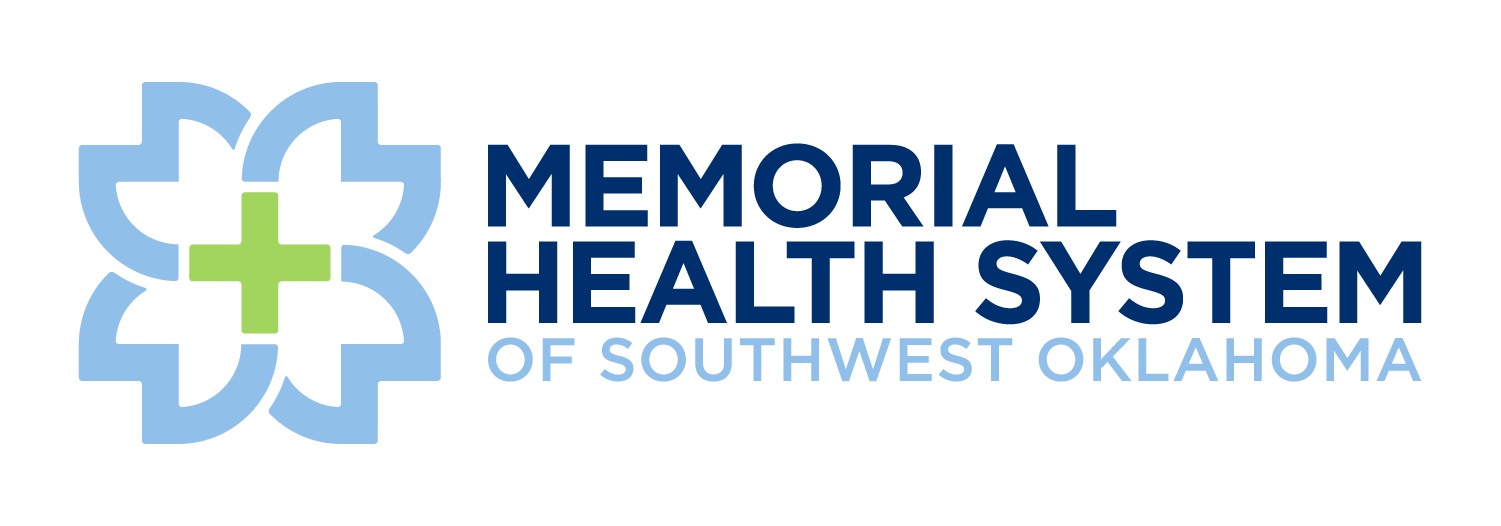The holidays are often referred to as “the most wonderful time of the year.” Surviving your first holiday without a loved one, however, is a difficulty that seems unimaginable to get through. Holiday traditions which once brought us much cheer, suddenly intensify our pain when we experience the gaping hole of loss.
Sometimes, there is truly nothing that makes grief better. Unfortunately, it is something we just have to pass through. Will all of these tips to surviving your first holiday without a loved one help? Perhaps, or perhaps not. However, our loved ones lost wouldn’t expect us to continue on in suffering. You should not feel guilty for attempting to cope or even find renewed joy in this season.
Here are five tips for surviving your first holiday after loss:
Celebrate or don’t
Don’t feel forced or obligated to do anything as far as the holidays are concerned. Although others have the best intentions and just want you to feel better, there is nothing wrong with saying “no.” You don’t have to attend any festivities you don’t feel up to, and you don’t have to rush through the holidays due to the date on a calendar.
Don’t let anyone tell you that being alone is not good for you. Everyone handles grief differently, especially when surviving your first holiday without a loved one. Sometimes ignoring grief by surrounding ourselves in the hustle and bustle of the holidays may cause you to need longer to work through it.
If your loss is fairly new, you may wish to simply delay a family gathering. This is ok. There is no rule that you must celebrate on a specific date.
Carry on with old traditions or discover new ones
Life after loss is a great time to find comfort in traditions that reminded us of our loved one. We may watch their favorite holiday films or prepare their favorite holiday dishes just like always. We may feel strange about carrying on like “normal” after loss how we did before. That is ok. There is nothing wrong with creating new traditions.
Sometimes, you may find great comfort in finding new holiday traditions. You may wish to light a candle or still set a place for them at the table. You may wish to continue to give to their favorite charity or volunteer in their honor. The possibilities are endless. This could lead to you creating traditions you actually look forward to experiencing in the future.
Ask for help when you need it
Grief is draining and exhausting. You may feel a variety of feelings while trying to get through the normal day to day things as well as holiday events. If you need to cut back on some activities, ask for help! If you need help even doing little things like running personal errands, ask for help!
Those who love you will surely love the opportunity to help. Shutting others out and just trying to push through as you always did before your loss may actually set you back and make it harder to process your grief.
Make your mental health a priority
To go along with asking for help, you may find comfort in talking about your grief with others in a support group, attending therapy sessions, or finding religious support through a faith-based organization. To find recommendations of local support groups, reach out to our pastoral care team by visiting ccmhhealth.com/pastoral-care.
Watch out for unhealthy coping patterns
If it’s been a while since your loss and you find yourself feeling apathetic, hopeless, or exhausted, grief experts warn this could be signs of depression. This may lead to unhealthy behaviors, such as withdrawing from social situations, excessive alcohol consumption or self-harm.
Taking care of yourself while grieving, both emotionally and physically, is so important! Get plenty of rest, eat healthy meals, and exercise. Dealing with grief alone is difficult. Don’t let it take a toll on your physical health too.
For some, grief is even debilitating and doesn’t improve with time. If more than a year has passed since your loss and you are experiencing symptoms such as intensified sadness, inability to enjoy life and can focus on little besides your loss, please reach out to a CCMH provider. We want to help you restore your life to one of joy, meaning, and purpose.
Disclaimer
The Comanche County Memorial Hospital website does not provide specific medical advice for individual cases. Comanche County Memorial Hospital does not endorse any medical or professional services obtained through information provided on this site, articles on the site or any links on this site.
Use of the information obtained by the Comanche County Memorial Hospital website does not replace medical advice given by a qualified medical provider to meet the medical needs of our readers or others.
While content is frequently updated, medical information changes quickly. Information may be out of date, and/or contain inaccuracies or typographical errors. For questions or concerns, please contact us at contact@ccmhhealth.com.

